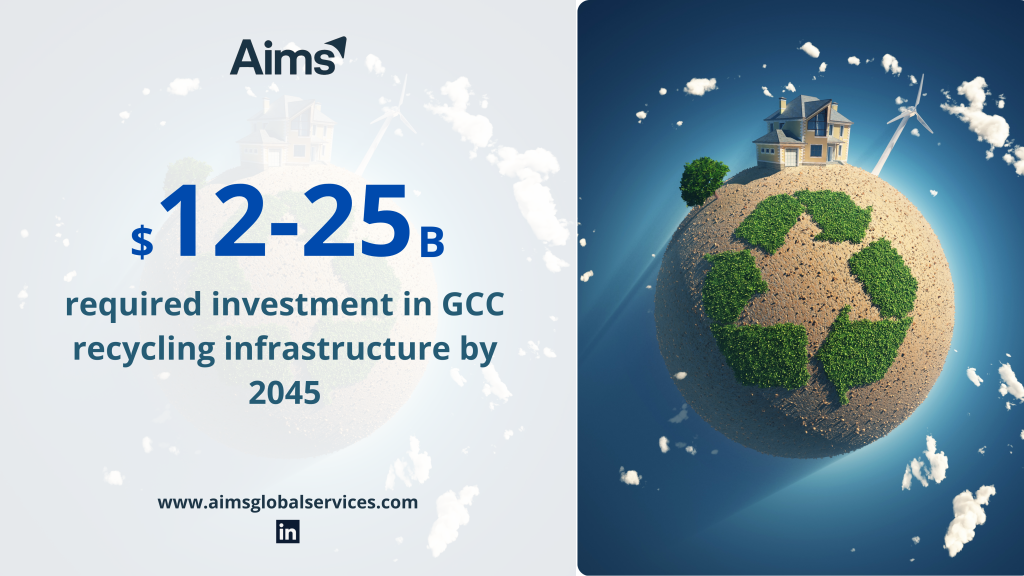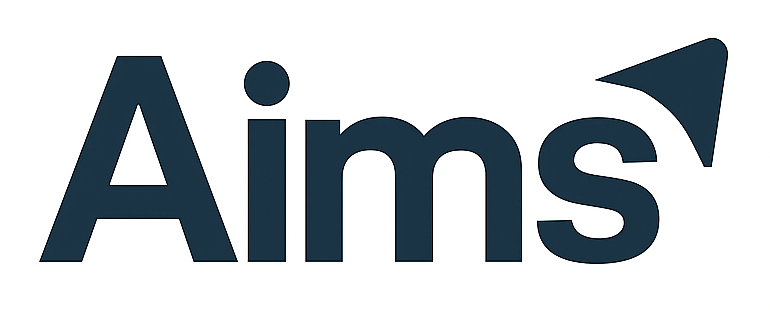
The GCC stands at the threshold of a transformative green industrial revolution — one where plastic waste is no longer a challenge, but a strategic opportunity.
A recent report by KAPSARC and Strategy& Middle East (PwC) highlights that USD 12–25 billion in recycling infrastructure is needed by 2045 to position the region as a global circular plastics hub.
Current Market Reality:
– Demand for recycled plastics is growing 8% annually, far outpacing virgin plastics at just 2%.
– Global supply is lagging — with less than 70% of demand met, and a projected 35 million–ton shortfall by 2030.
– The GCC generates 10 million tonnes of plastic waste annually — yet only 10% is recycled.
Opportunities for Companies:
– Chemical recycling (e.g., pyrolysis) integrated into petrochemical clusters can be profitable even at higher feedstock prices, supported by the GCC’s low energy costs.
– Smart sorting systems, AI-driven segregation, and #blockchain traceability can unlock efficiency and transparency across the value chain.
– Trade corridors with Asia, Africa, and Europe can secure feedstock and open export markets for recycled resin.
– Policy innovation — EPR schemes, recycled-content mandates, and harmonised GCC standards — will create a stable investment climate.
– Innovation & R&D — opportunities abound for #incubators, #startups, and #research hubs in recycling technologies, alongside consumer education campaigns to boost demand and segregation.
According to GPCA, raising recycling rates to 40% could unlock up to USD 6 billion annually, create ~50,000 jobs, and avoid 10–12 million tons of CO₂ emissions per year — equivalent to removing 2 million cars from the road.
With petrochemicals contributing up to 9% of Saudi Arabia’s GDP, the shift to circularity is more than an ESG imperative — it’s an economic growth strategy. Furthermore, with the right strategies, capital, and innovation, the GCC can leverage its industrial base, energy advantage, and sovereign wealth to lead the global recycled plastics market.
The real question isn’t if the GCC will act — but who will seize the first-mover advantage.
